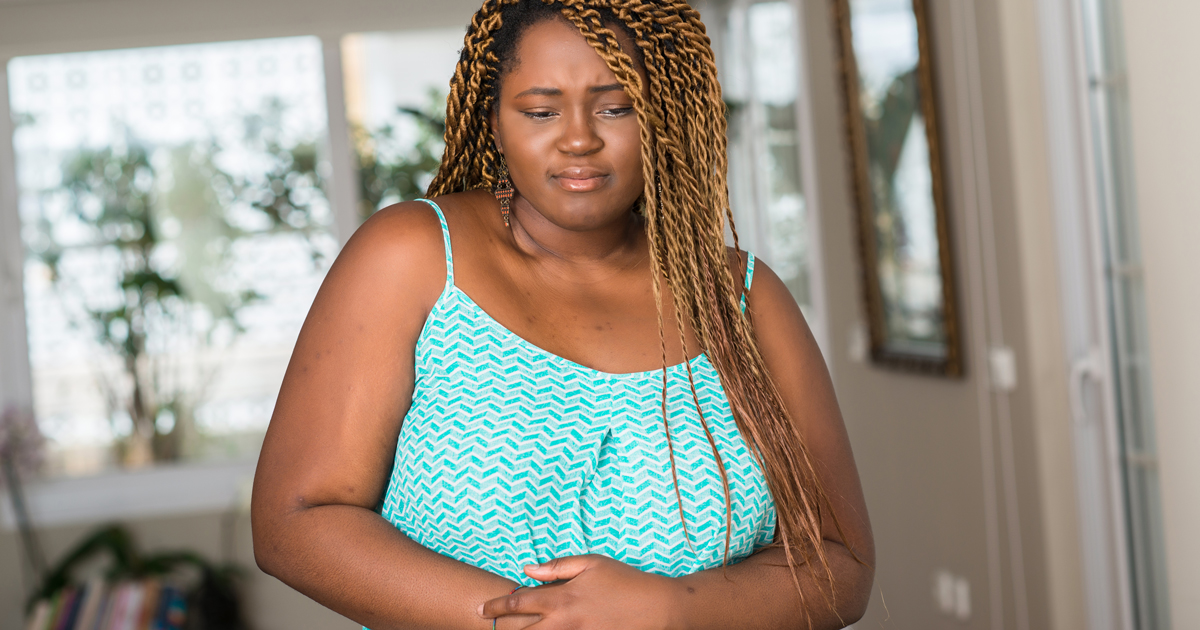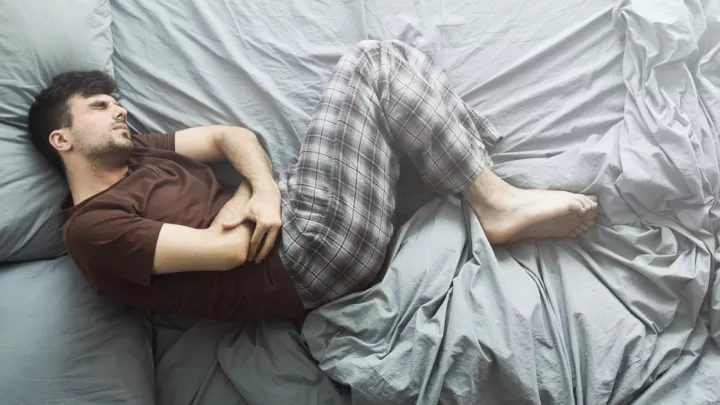Diarrhea: What causes it, how to treat it at home, and when to see a doctor

What causes diarrhea?
There are several things that can cause diarrhea. Most of the time, diarrhea is simply your gut's way of getting rid of a harmful invader, like a bacteria or virus. However, in some cases, diarrhea is caused by a malfunction of the gut, as is the case with inflammatory bowel disease.
Many viruses can cause diarrhea. One of the more common causes is norovirus. It has also been a symptom of the COVID-19 virus. Another way you can get diarrhea is from food poisoning or after taking antibiotics. With a bacterial infection you will sometimes see blood or mucous in your stool. But the only way to really tell what is causing your diarrhea is through an examination and testing performed by your doctor.
It's important to keep in mind that diarrhea is very contagious through stool or saliva. So to keep from infecting others, be sure to close the toilet lid before flushing, wash your hands thoroughly, and clean commonly touched surfaces often.
How do you treat diarrhea?
Most of the time, diarrhea will go away in a few days even without seeing a doctor. When treating diarrhea at home, it's important to stay hydrated. "When you have diarrhea, you're losing water and you're also not absorbing fluids well," explains primary care physician, Zachary J. Genant, MD. "Make sure to drink plenty of fluids throughout the day to avoid dehydration and electrolyte imbalance."
Signs you're becoming dehydrated
- Peeing less than four times per day
- Pee that's dark and concentrated
- Feeling weak
- Inside of mouth feels dry and tacky
- Shortness of breath when walking or racing heart after light activity
It can be especially hard to get young children to drink enough when they're feeling sick. Keep track of how often they pee or how many wet diapers they have each day. Also, if they're acting lethargic or you're having trouble waking them up, it's probably time to see a doctor.
What should I eat and drink?
Again, the most important thing with diarrhea is to drink plenty of fluids. But, don't try to drink 20 ounces of water all at one time, as that can make you feel worse. The best way to stay hydrated is to keep sipping on fluids throughout the day.
"If you're at home watching TV, just sipping a tablespoon of water during every commercial break is probably enough to keep you hydrated," explains Dr. Genant. "And if you're struggling to eat, try adding in an electrolyte-rich beverage like Pedialyte or low-sugar Gatorade."
When deciding what to eat when you have diarrhea, don't push yourself to eat more than what's comfortable. Avoid foods that can upset the gut further, such as greasy, fatty or spicy foods. Start with whole-grain foods that are easier to digest, like plain toast or oatmeal. You can advance your diet slowly by adding new foods over time.
Should I use over-the-counter remedies?
Your body often uses diarrhea to get rid of an infection. So, you don't necessarily want to take medication that's going to slow or stop that process. "Save Imodium for when you need to go out to the grocery store and don't want to be running for a bathroom," advises Dr. Genant. "I don't usually recommend taking Imodium if you're resting at home and getting enough fluids, because it can have side effects and may even prolong your illness."
When should I see my doctor?
"If your diarrhea hasn't improved after five to seven days, or if you're having high fevers, blood in your stool, or are becoming dehydrated, you should see your doctor," says Dr. Genant. "Also, if your diarrhea keeps coming back, or you've had two weeks of fairly consistent symptoms, it's probably time to see your doctor for further testing."
Your doctor will likely perform tests to figure out what's causing your diarrhea. Testing can tell you if you have a viral or bacterial infection. If those are ruled out, further testing may be needed to look for noninfectious causes, such as inflammatory bowel disease, irritable bowel syndrome or microcolitis. Once you know what's causing your diarrhea, your doctor can help you plan a course of treatment to resolve your symptoms.
If you have diarrhea that won't go away after several days, are becoming dehydrated, or have other symptoms that concern you, visit NebraskaMed.com/Care to schedule an appointment with one of our primary care doctors.







